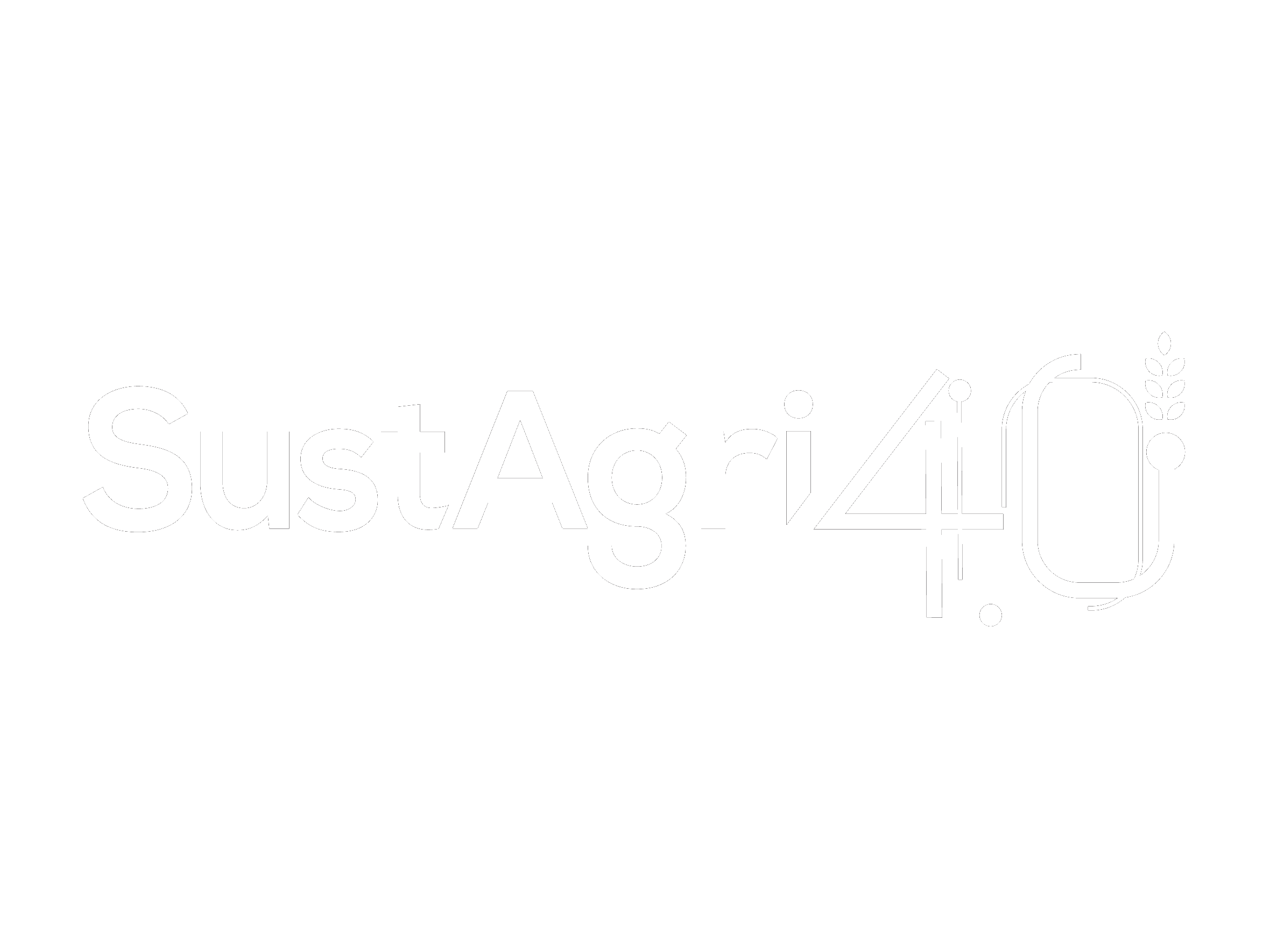
At the Multiplier Event in Cloughjordan, Ireland, we had the chance to talk to Davie Philip from Cultivate, the sustainability cooperative based in Cloughjordan Ecovillage, and organiser of the Feeding Ourselves Gathering.
What can you tell us about the Feeding Ourselves event?
Feeding Ourselves for over a decade now has been a gathering of agroecological farmers, land workers, seed savers, food co-op advocates, environmentalists, and we’ve been trying to build a stronger, more regenerative food culture. Local food economies, short food supply chains, fair prices for farmers, and just really, as the name suggests, how do we feed ourselves in an uncertain future? So we have to think differently, we have to think differently about how we grow, about how we distribute, about long supply chains that are very vulnerable. So Feeding Ourselves started just as an annual conference and has grown into a community of practice, a living lab, which has multiple actors trying to build a bigger movement for local food.
And you’ve interacted with the Grass platform. Can you give me your thoughts on why a training e-commerce platform like this could be important?
Grass, together with the E-Course, has interesting topics that people would need to have a good food business. But I understand that if we want to do digital commerce or e-commerce, that we do need to build our capacity, our skills in storytelling, in how we get people onto our platform, which can be difficult, and make it easy for them to support local food producers and for local food producers to know how better to support local food economies and get a fair price for their produce. So I do see Grass, I think the big advantage I saw there was that we really need more capacity building and any training, short courses that we can give to farmers or local food producers I think will be important.
SUSTAGRI4.0 organised a digital storytelling workshop at the event. This is, as you’ve said, one of the focus areas of the E-Course that the project has made. Why do you think that this kind of discussion is important?
I think changing the narrative is what’s needed. We think about behaviour change, we think about the changes we need to do to bring in sustainability or more regenerative communities and it’s not done by policy and advocacy alone, it’s done by changing the narrative, changing the story. So I think it’s really important that people understand how you can shape a more compelling story, that you can draw people in by the way that you speak about your project, and how you shape that narrative. So I think it’s really important. In fact, for transformation, it’s the most important thing. We’ve transformed through storytelling since we emerged from the caves. You know, so I think there’s a skill that we’re lacking now. And it’s been put off to copywriting and marketing, where I think people can better tell their own stories. A story is more authentic when it’s told by the person themselves. And it’s not a script given by a PR company. So I think for a farmer or a local food producer to really help shape how they talk about their project in a way that’s clear, that’s palatable, that will attract people, will show something authentic, I think is so important. So it’s an important workshop.


